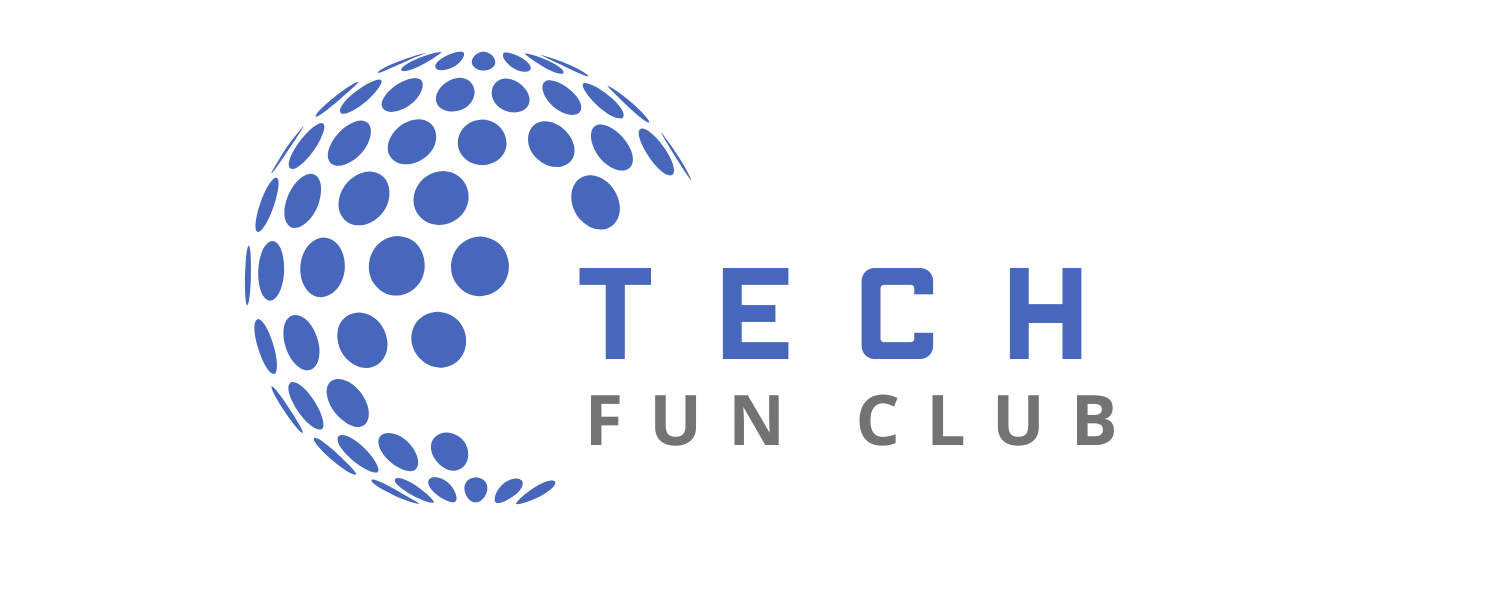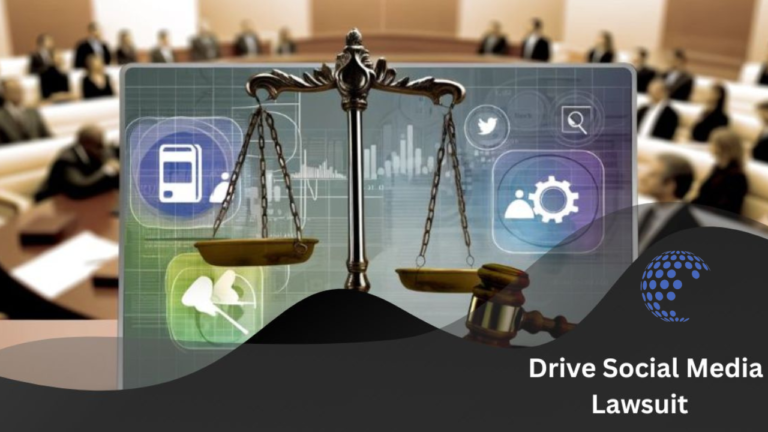Breaking Down the Allegations in the Smoothstack Lawsuit

The Smoothstack lawsuit has been making headlines in the tech industry, with former participants taking legal action against the tech talent incubator and training company. The allegations include claims of deceptive recruitment tactics, unfair employment conditions, and failure to deliver on promised training and job placement services. In this blog post, we will delve into the details of the lawsuit, examining the accusations, the perspectives of the plaintiffs, Smoothstack’s defense, and the implications for the tech training industry.
What is Smoothstack, and What Are They Accused Of?
Smoothstack is a beacon for aspiring tech professionals, offering a pathway to acquire the necessary skills and secure employment within the competitive tech industry. Yet, the company has come under fire, with allegations surfacing from individuals who claim their experiences were marred by deceptive and unethical practices. These former participants accuse Smoothstack of utilizing misleading recruitment strategies designed to entice individuals with the allure of guaranteed job placement and comprehensive training programs.
Further exacerbating the issue, accusations extend to implementing restrictive employment contracts that participants argue inadequately compensate them and severely limit their employment prospects post-training. The crux of the discontent lies in Smoothstack’s alleged failure to fulfill its promises of practical training and successful job placement, leaving many to question the integrity and value of the programs offered.
Moreover, the controversy highlights concerns regarding the transparency and fairness of the contractual agreements enforced by Smoothstack, with participants claiming they were not fully informed of the terms and potential ramifications of these contracts. These allegations form the basis of the legal action against Smoothstack, as plaintiffs seek to challenge what they perceive as systemic deceit and demand accountability from the tech talent incubator.
The Plaintiffs’ Perspective: Deceptive Practices and Broken Promises
For many of the plaintiffs in the lawsuit against Smoothstack, their journey with the company was marked by a sharp disparity between expectations and reality. Enticed by the prospect of a seamless transition into the tech industry, bolstered by high-quality training and the promise of job placement, these individuals faced a series of disappointments. Accusations against Smoothstack center on the company’s alleged use of deceptive marketing strategies, which purportedly painted an overly optimistic picture of what participants could expect from their programs. The disillusionment grew as, according to claims, the reality of the training’s inadequacy became apparent, contradicting the company’s assurances of comprehensive skill development and readiness for tech roles.
Further compounding their grievances, plaintiffs argue that the employment opportunities they were funneled into post-training did not reflect the career advancement they were led to expect. Many allege that the roles offered under the restrictive employment contracts were not commensurate with the skills they were supposed to have acquired, nor were they adequately compensated.
This sense of betrayal is at the heart of the plaintiff’s case, as they assert that Smoothstack failed to deliver on its educational promises and trapped them in contractual obligations that did not align with their professional or financial interests. These experiences have driven the plaintiffs to seek legal recourse, highlighting the profound impact of what they describe as Smoothstack’s systemic deception and broken promises on their career trajectories.
The Employment Contracts: A Closer Look
Central to the dispute in the Smoothstack lawsuit are the employment contracts that participants were required to sign. These documents have sparked considerable debate over their terms, which some allege were not only restrictive but also not fully transparent at the time of signing. Critics argue that these contracts bound participants to Smoothstack in ways that limited their future employment opportunities, tethering them to the company or its affiliates under unfavorable conditions. The contentious point for many revolves around the contracts’ clauses that purportedly imposed penalties for leaving the program early or failing to complete the assigned employment duration, which some participants claim were punitive.
Moreover, there is concern regarding the clarity and comprehensibility of these contracts. Plaintiffs have suggested that the complexities and ramifications of these agreements were not adequately explained, leading to a misunderstanding of the extent to which their professional autonomy would be compromised. The heart of the issue lies in whether these contracts were designed with the participant’s best interests in mind or if they served primarily to protect Smoothstack’s investment in the training provided.
This aspect of the lawsuit underscores the importance of transparency and fairness in employment agreements, especially those involving individuals seeking to advance their careers in the competitive tech industry. As the legal proceedings continue, examining these contracts is expected to reveal more about Smoothstack’s practices and whether they align with the company’s stated mission of empowering aspiring tech professionals.
Smoothstack’s Defense: Legitimate Business Practices or Systemic Deception?
In response to the mounting allegations, Smoothstack has come forward with a staunch defense of its operations, insisting that its business model and its contracts are legitimate and in place to foster mutual benefit. The company emphasizes that its training programs are designed to equip participants with the skills needed in today’s tech landscape, framing any contractual obligations as a standard industry practice to safeguard the investment made in each trainee. According to Smoothstack, these measures are necessary and serve as a foundation for the ongoing support and opportunities provided to participants, aiming to ensure a commitment that matches the company’s dedication to their success.
Smoothstack further argues that the structure of their contracts and the expectations set forth are transparent and communicated upfront, allowing participants to enter into these agreements with a clear understanding of the terms. They refute claims of deception, portraying the lawsuit’s allegations as misinterpretations of their intent and the nature of their programs. By highlighting success stories and positive outcomes achieved by numerous participants, Smoothstack seeks to counteract the negative portrayal, asserting that its approach is practical and ethical.
The company’s defense thus hinges on a narrative of providing valuable training and professional development opportunities underpinned by necessary contractual commitments. Smoothstack’s rebuttal paints a picture of an organization committed to advancing its participants, challenging the lawsuit’s depiction of their practices as exploitative. This defense sets the stage for a legal battle centered on the specifics of contractual agreements and the broader question of what constitutes fair and ethical treatment in the tech training industry.
The Implications for the Tech Training Industry
The unfolding of the Smoothstack lawsuit is more than a legal battle; it’s a spotlight on the ethical and operational standards within the tech training sector. As the industry witnesses this case, it becomes pivotal for similar organizations to introspect and evaluate their practices against the backdrop of the accusations against Smoothstack. The allegations point to a potentially systemic issue beyond just one company, suggesting a need for a broader industry-wide reflection on recruitment, training, and employment strategies.
This scenario presents an opportunity to establish more stringent ethical guidelines and transparency measures that could redefine how tech talent incubators and training companies engage with aspiring tech professionals. The emphasis may shift towards ensuring more transparent communication of contractual obligations and more accurate representation of program outcomes, fostering a healthier, more supportive environment for individuals seeking to break into the tech field.
Moreover, this case could prompt regulatory bodies and professional associations to take a more active role in overseeing the practices of these incubators, possibly leading to the development of standardized protocols that protect participants’ interests. As the tech training industry continues to evolve, the implications of the Smoothstack lawsuit could catalyze significant, positive change, ensuring that future programs better serve the needs and aspirations of their participants.
Read More
What Comes Next? The Future of the Lawsuit and Its Participants
As the legal proceedings against Smoothstack continue, the resolution and its effects on the plaintiffs and the company are yet to be determined. The plaintiffs aim to compensate for their losses and advocate for reforms introducing more transparency and fairness into the training and tech incubator industry. The outcome of this legal challenge could serve as a precedent, influencing how similar companies structure their programs and contracts. Should the court favor the plaintiffs, it could compel Smoothstack and other tech talent incubators to overhaul their practices, potentially leading to a more regulated and ethical environment for aspiring tech professionals.
Meanwhile, for those directly involved, the lawsuit represents a pivotal moment in their careers and quest for justice. As developments unfold, stakeholders across the tech and legal communities are observing closely, recognizing the broader implications for industry standards and the protection of participants in tech training programs. The resolution of this lawsuit may shape the future landscape of tech talent development and ethical business practices in the sector.





